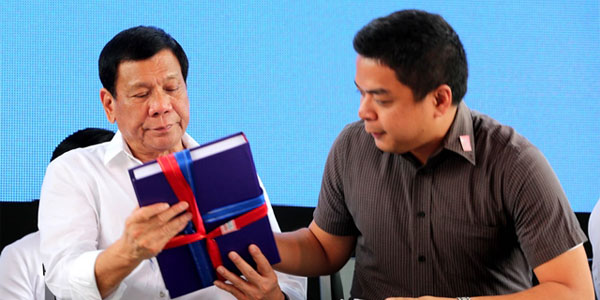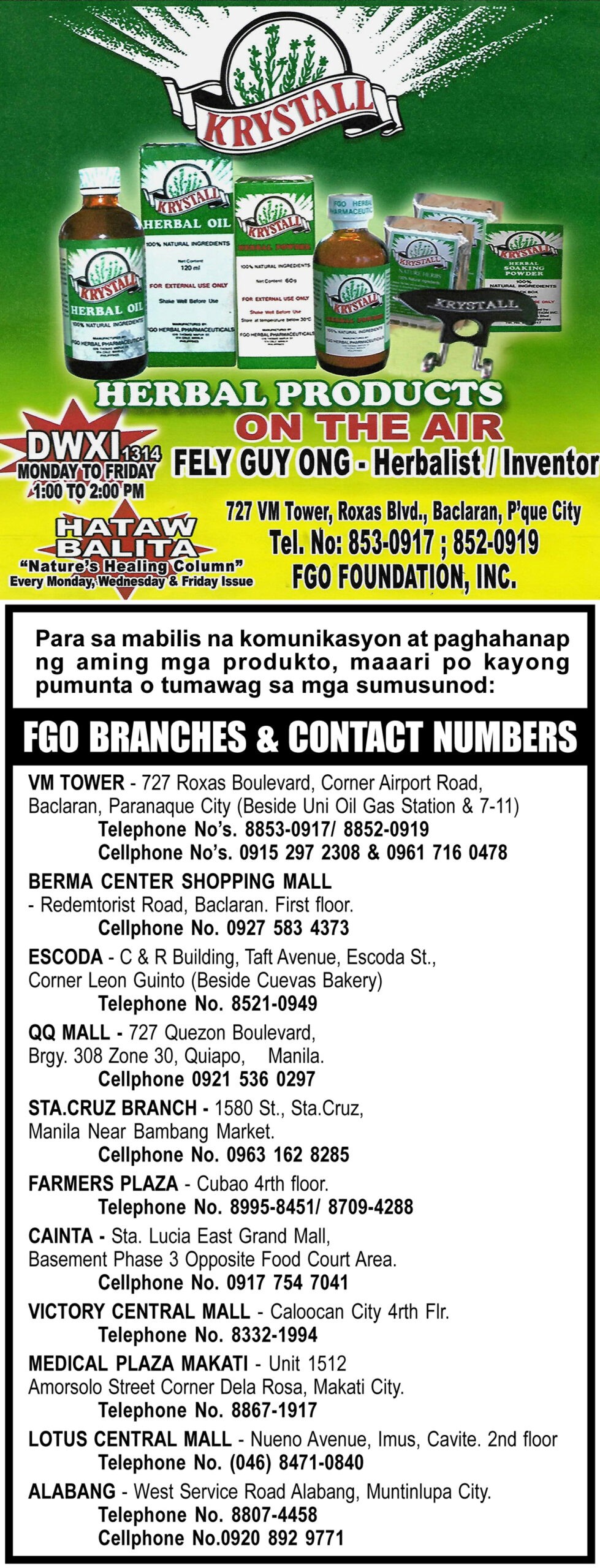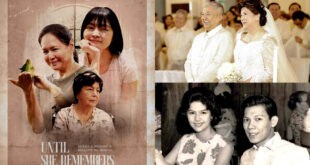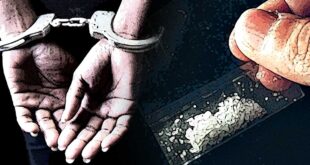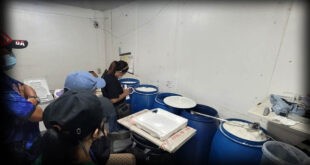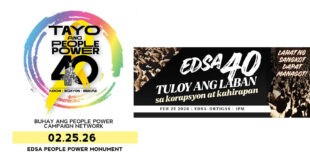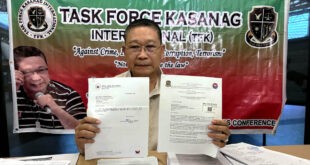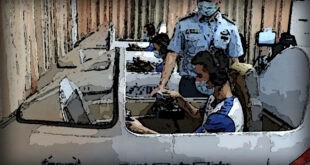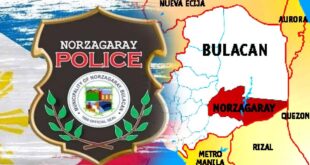KAHIT binabatikos ng ilang human rights groups ang drug war ng administrasyong Duterte, suportado ang OPLAN Tokhang ng dating leftist leader at ngayo’y Presidential Commission for the Urban Poor (PCUP) chairman Terry Ridon.
Kahit marami ang mga napaslang sa pagpapatupad ng drug war o OPLAN Tokhang, kombinsido si Ridon na kailangan ito sa implementasyon ng batas.
“In terms of, in terms of responding to this ‘no, talagang ano ho ‘yan e. Bahagi po ‘yan doon sa in terms of law enforcement ng atin pong ano. I think that is something that needs to be clearly undertaken also,” ani Ridon hinggil sa estratehiya ng drug war sa press briefing sa Palasyo kahapon.
Para kay Ridon, pabor sa interes ng mga maralita na maramdaman na nilulutas sa kanilang pa-mayanan ang problema sa kriminalidad at illegal drugs.
“Well, we have to be perfectly honest that much of the Tokhang is being undertaken in urban poor communities ‘no. It is also in the interest of the poor, the urban poor communities for the drug problem, and for criminality to be resolved in many of their areas,” aniya sa press briefing sa Palasyo.
Kahit ilan sa mga napapaslang sa drug war ay mahihirap, sinabi ni Ridon, sa mismong mga komunidad nila ay positibong tinatanggap na ang pagtugon ng gobyerno sa kriminalidad at illegal drugs ay tungo sa pag-unlad ng bansa.
“And I think, obviously it is unfortunate that several of the people in the poor communities are affected by it. But I think within these communities, if you go to those areas, there would be at the very least an affirmation that responding to c riminality and the drug problem is really a very important step towards nation-building,” aniya.
Marami aniyang ahensiya ng pamahalaan ay lumalahok sa paglutas sa drug problem, gaya ng PCUP na inilunsad ang programang “Urban Poor Kontra Droga” na ang mga pinuno ng iba’t ibang organisasyon at community leaders ay iginigiya ang pamayanan para labanan ang illegal drugs at tumulong sa drug war ng administrasyon.
“When we speak about it, we really speak about empowering the communities in responding to the drug problem. Ultimately in implementing the drug war, you will have the leaders there that should be able to — community leaders in those areas that should be able to really shepherd many of the communities against drugs and that is what we would really want to do: empowering the people’s organizations, the NGOs within these urban poor communities to really stand against drugs and help government in resolving the drug problem,” dagdag niya.
(ROSE NOVENARIO)
 HATAW! D'yaryo ng Bayan hatawtabloid.com
HATAW! D'yaryo ng Bayan hatawtabloid.com

